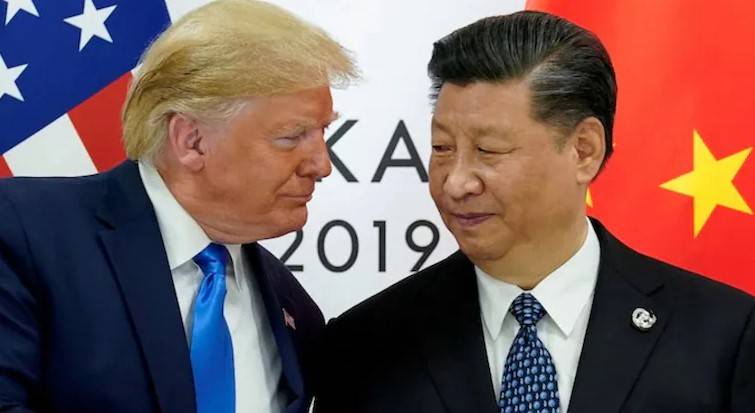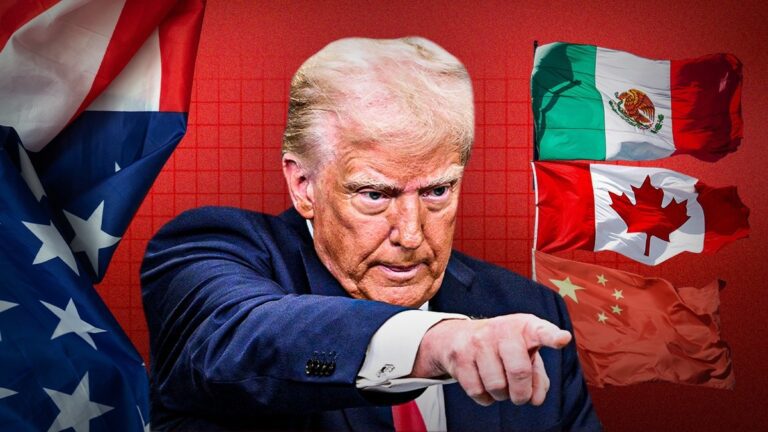Japan’s Economy Faces Mixed Signals Amid Global Challenges

March 22, 2025
Location: Tokyo, Japan
Japan’s economy is currently navigating a complex landscape, marked by slowing inflation, strategic international engagements, and pressing environmental initiatives.
Inflation Trends and Monetary Policy

In February, Japan’s consumer prices rose by 3.7% year-over-year, a slight deceleration from January’s 4.0% increase. This moderation is largely attributed to government subsidies on electricity and gas bills, which alleviated some inflationary pressures. Despite this slowdown, the persistent inflation supports the Bank of Japan’s decision to maintain its accommodative monetary stance. The central bank recently held the overnight call rate at 0.5%, expressing concerns over global trade tensions and their potential impact on Japan’s economic stability. The Wall Street JournalThe Wall Street Journal
International Economic Diplomacy

Japan continues to strengthen regional economic ties, recently hosting trilateral talks with China and South Korea. The discussions, led by foreign ministers from the three nations, focused on shared challenges such as aging populations, natural disasters, and advancing the green economy. The ministers emphasized enhancing mutual understanding and trust, setting the stage for a trilateral summit later this year. Additionally, Japan and China held their first high-level economic dialogue since 2019, addressing issues like China’s ban on Japanese seafood imports following the Fukushima wastewater discharge. AP News+1Reuters+1
Environmental Initiatives in the Energy Sector

In a move towards sustainable energy, Cosmo Energy Holdings plans to commence domestic production of Sustainable Aviation Fuel (SAF) in April. This initiative aligns with Japan’s goal to replace 10% of aviation fuel with cleaner alternatives. However, industry leaders, including Shunichi Kito, president of the Petroleum Association of Japan, stress the need for concrete regulations and frameworks to encourage airlines to adopt SAF, highlighting that government support and industry collaboration are crucial for effective decarbonization. Reuters
Geopolitical Considerations

The recent trilateral meeting also underscored the geopolitical challenges facing the region. Japan’s Foreign Minister, Takeshi Iwaya, referred to the current period as a “turning point in history,” acknowledging the complexities introduced by shifting global alliances and regional security concerns. The discussions highlighted deep divisions on critical issues, including China’s support for North Korea and Russia, emphasizing the delicate balance Japan must maintain in its foreign policy and economic strategies. Reuters+1AP News+1
In summary, Japan’s economy is at a crossroads, balancing internal policy reforms, regional collaborations, and global environmental commitments. The nation’s ability to navigate these multifaceted challenges will be crucial in shaping its economic trajectory in the coming years.
Japan Advances Sustainable Energy and Regional Cooperation Amid Economic Challenges





